The XXVI KOKI Days in Várgesztes
"Autumn is here, it's here again", we could have said with Petőfi, and we could have agreed with the rest, that autumn is beautiful. The first day of our stay in Várgestes, 26 September, was so beautiful that you couldn't wish for a more beautiful day since the end of September. The main reason for our satisfaction, however, was that our Institute conference went very well!
Half a millennium ago, Leonardo da Vinci observed that no two leaves of the same tree are perfectly alike. Contemporaries who knew him well probably didn't attach much importance to this fact, as their time was too small to observe such small things, but they knew that no two people say the same thing about the same thing in the same way even if they have the same opinion. It was in this hope that I asked three of the participants at this year's conference in Volga, researchers who differ in their careers, status, and research topics, to share their experiences and tell us what they thought the 26th conference was like.
Let's start with Imre Farkas, a senior researcher who has presented his work to the Institute's research community several times in the 26-year history of KOKI Days, but has yet to give a presentation in Várgesteg, where the podium is mainly for PhD students and postdocs. He is therefore an expert audience in this case, out of the question in case of bias, and his good-natured humor would even take the edge off criticism.
"This year's KOKI Days in Várgesztes were a great time. The performances showed a very wide repertoire. By this I mean both the thematic diversity and the methodological palette for carrying out the experiments. I think this is much less evident in other institutions. I also noticed that although most of the speakers were young, their knowledge of professional English was very high. This is particularly noteworthy because I know most of them have never been abroad for any length of time. It is therefore even more commendable that they also gave adequate answers in English to the questions asked after the presentations.
The organization and precision with which the KOKI Days were organized was perfect. If there were any glitches, I did not notice them. I felt that everything went smoothly. The weather also cooperated, allowing us to admire the rich world of stars/planets through our colleague's astrophysical telescope on Thursday night. For me, it was such an experience that it was worth getting up that morning for!"
Diána Pejtsik, PhD student, who had already been a member of our institute as a student. She gave a lecture, and a very good one, which didn't betray her excitement.
"I had a great experience at this year's KOKI Days, which was the first time in my 7 years at the institute that I had been a speaker. I have observed in previous years that the question session at this conference is a bit more challenging than usual at other similar events, so I was most looking forward to it. I thought about potential questions and how I would answer them weeks in advance. In the end, both the presentation and the discussion went well. There were several relevant and important questions, and I was particularly pleased that all three of our board members asked me! Many congratulated me afterward, and some even stopped by the next day to ask about the project. I think these conversations are also very important because in Eva Mikics' group, of which I am a member, we tend to take a different approach to pilot projects than most institute groups. This is why I was glad to have the opportunity to talk to researchers with different approaches from my PhD topic.
In my opinion, the other presentations were of the high standard expected from the KOKI days and it was good to see that many PhD students had the opportunity to present their results.
Of all the social programs, I think the first night was highly successful, sometimes we could barely fit on the dance floor. I was particularly pleased to see many new faces who seemed to have settled in well to the community. But the best thing for me was that one of my supervisors, Zoltán Varga, came back from Denmark and I had some important conversations with him during these few days."
The third interviewee, invited to give his opinion, was a member of the KOKI Scientific Advisory Board and an old friend of our institute, Professor Angus Silver from Oxford. He likes our Institute and takes his role as a member of the Advisory Board very seriously. There was hardly a lecture that he did not comment on or ask questions about, and he was always happy to talk to the audience during the breaks between lectures.
“The scientific output of the Institute of Experimental Medicine presented at the KOKI day retreat goes from strength to strength. The depth and breadth of the scientific investigations were impressive spanning molecular, cellular, systems, and behavioral domains. The adoption of multidisciplinary approaches incorporating both established and newly developed cutting-edge methods enabled research groups to remain scientifically competitive on the world stage. The widespread collaboration between groups to deliver this highlights the friendly and supportive environment at KOKI. One of the new aspects this year was the considerable effort being made by several groups to confirm their results in human tissue, thereby increasing the impact of their discoveries and relevance to human health. The enthusiasm for scientific discovery was clear, particularly in the younger generation, during talk presentations, posters, and discussions.
Overall, my impression from this year’s meeting was of a vibrant research institute with many examples of excellent, impactful science being carried out using multidisciplinary approaches and extensive collaboration.”





